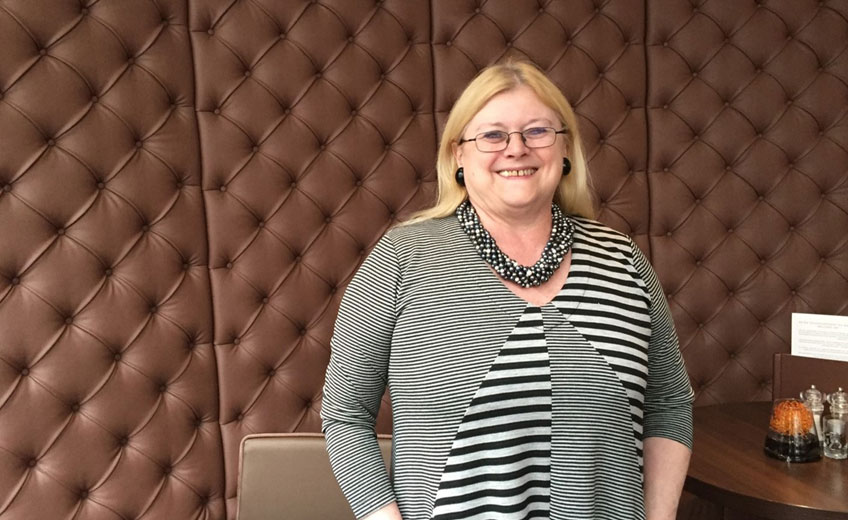As a fish swimming in the gigantesque ocean of publishers, a rookie who is eager to get a manuscript published might not succeed this goal easily. Loads of pages in the contract covering all conditions from royalty rate including both paperback and e-book to the cost of insurance and warranty would definitely cause a tiny fish to get dizzy. After a manuscript submission, very few people could imagine how complicated writers would face with especially how their writing could get the fair and satisfactory deal with those hegemonic publishers. With 52-year-experience in the literary industry, Carole Blake lightened up a guideline in the labyrinth of publishing business. From the beginning of her career path in this business to the significant roles of literary agencies and the current readers’ trends nowadays. This omniscient literary agent was with Elite+ to reveal every aspects of this profession.
“When I grew up, I always thought about going to work with books but I didn’t know anything about publishing industry so I just assumed that the only way you can work with books is working in a library. But one of my teachers in the school told me that it’ll make me bored stiff and I should go to a publisher. It never caused me there was a publishing business before.
“When I started my agency, I started on my own which was just me and a part-time secretary. Then in 1982, I was talking with another agent who was also just one and a part-time secretary. He was Julian Friedmann and he wanted to concentrate on the television and films right while I was looking for someone to sell right on my books. We looked at each other and we thought that we could put these two small agencies together. That worked so well and we got married together.”
By the mergence with Julian Friedmann’s company, the Blake Friedmann Literary Agency was officially established. As the agency has grown and brought up the new agents who possess their own test, the agency has represented a broad range of genres including scientific and juvenile fictions. Nevertheless, due to her personal interest in commercial fictions, this literary agent mainly focuses on specific genres namely romance, crimes, historical novels and a few literary writings. She also emphasise on the fact that as an agent, it is necessary to have a personal passion in specific kinds of literature since apart from the fondness of reading, the rest qualifications of the occupation encompass with the ability to persuade publishers to sell the rights.
Literary rights nowadays are radically complicated than in the day when the first agency was founded in UK by the late 1800s. With the cooperation of the well-paid legal department, it is hardly possible for an author as a single individual to negotiate with those huge publishers for the fairest deal. In the past, a literary contract might consist of a couple of pages. The modern contract have covered all standard clauses including the royalty rate for physical and digital platforms as well as terms of warranty or insurance ending up with almost 20 pages. Due to certain clauses that a party did not agree, one of the contracts took three year. That is why bot many authors could succeed in it individually.
Books are a form of entertainment which is encountering with a challenging situation. Nowadays, the newly published titles are not only competing with each other but they are also trying to snatch people’s attention in the digital world. Although, generally the publishing industry is regarded as a reclining business, Carole Blake could remain positive since the bestselling authors’ works she is representing still receive satisfactory response everywhere.














































































































































































































































































































































































































































































































































































































































































































































































































